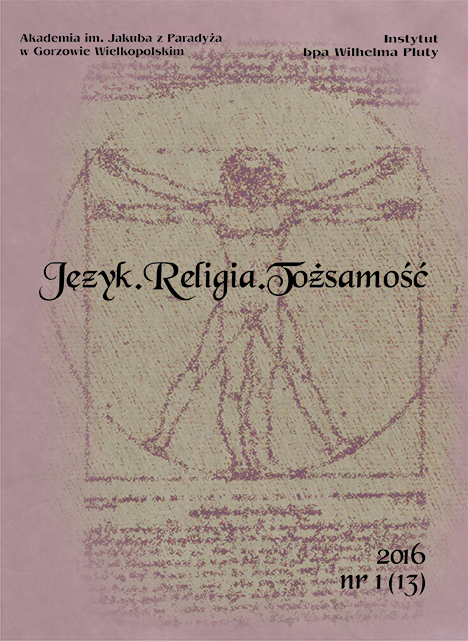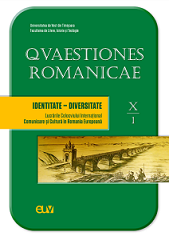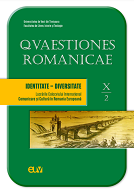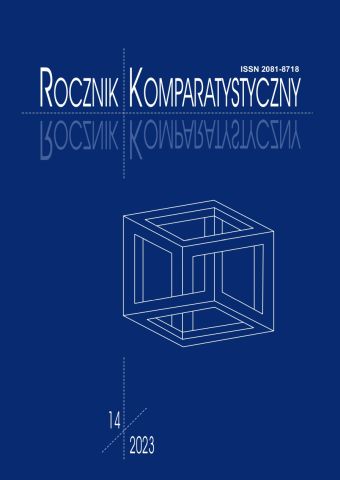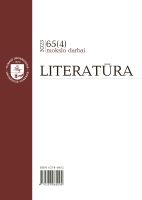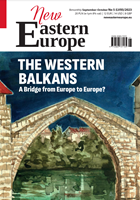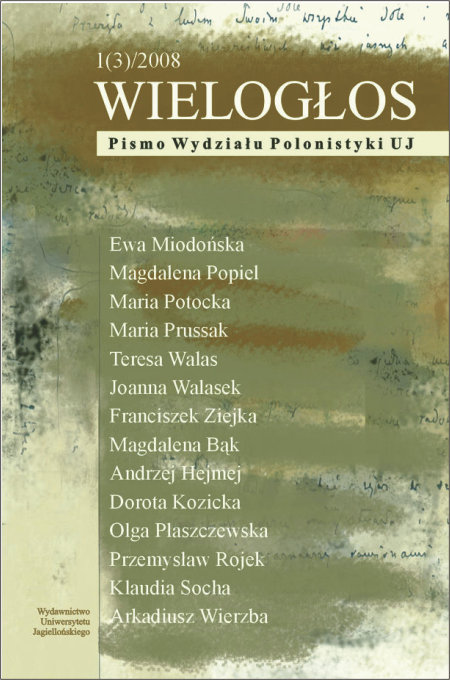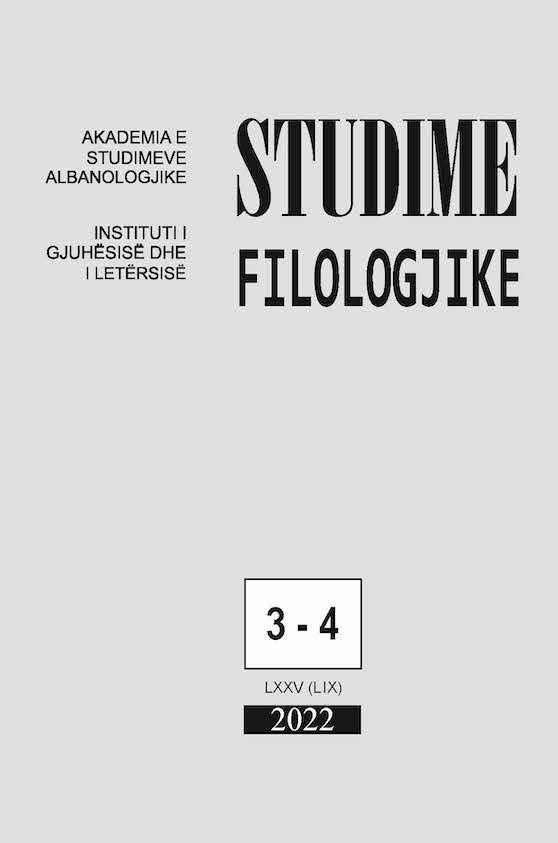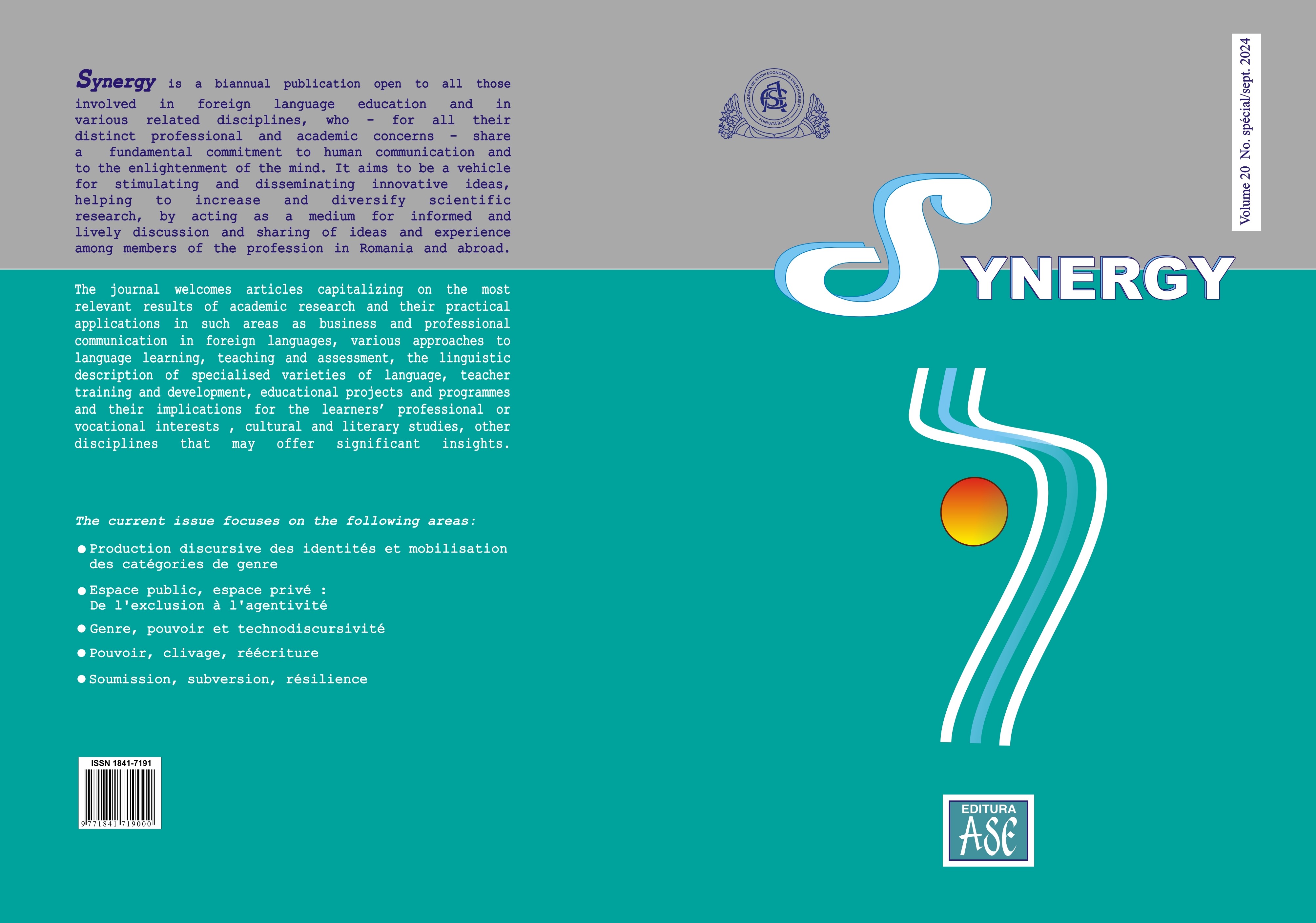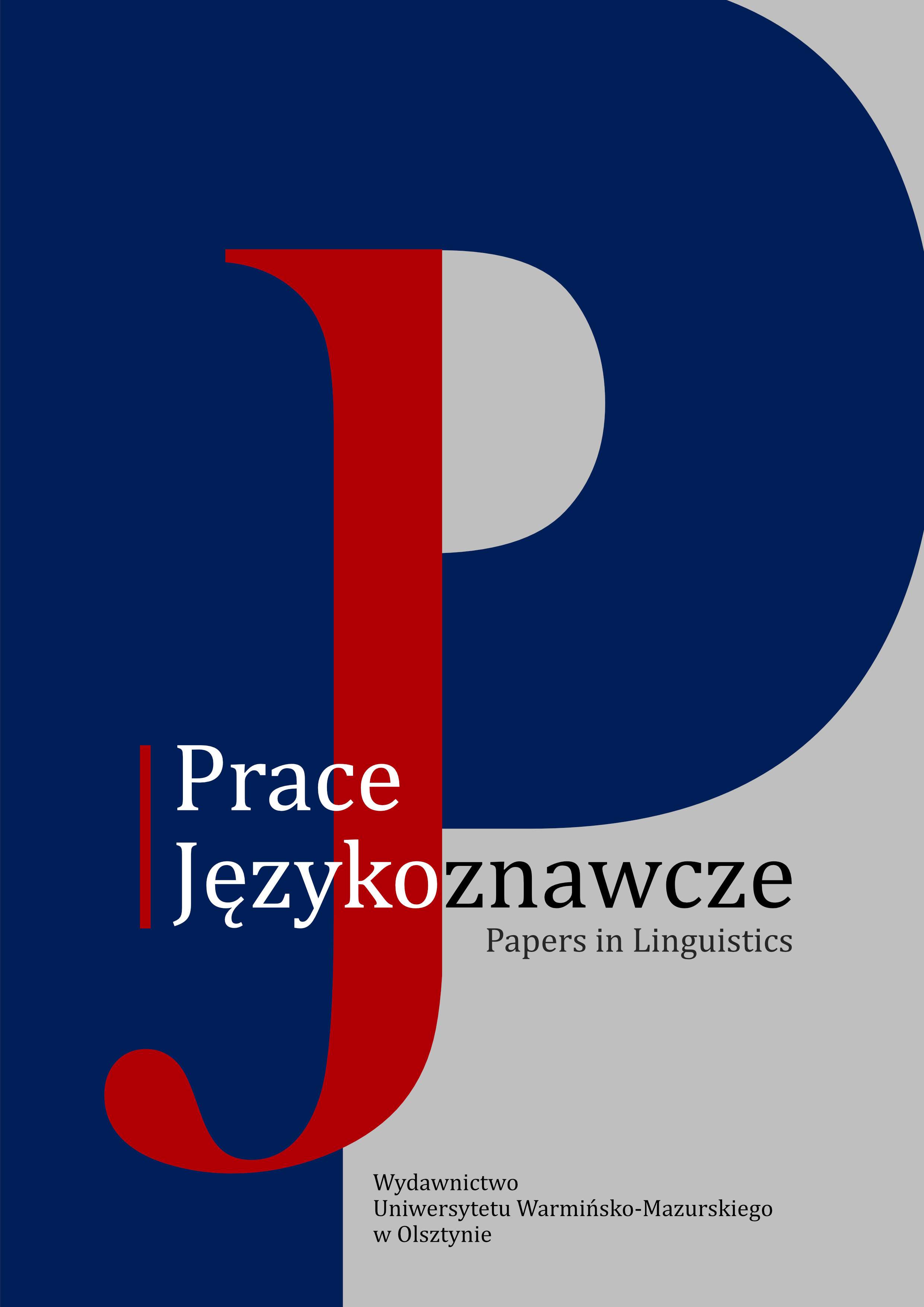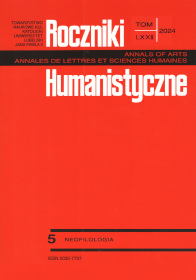Author(s): Tomorr Plangarica / Language(s): Albanian
Issue: 03-04/2022
This study aims to bring data and make interpretations for a very specific case in Albanian letters, for a poet whose creative works were brought into contact with the readers only many years after the death of their author. It is about Vilson Blloshmi (shot when he was 29 years old (1948-1977)), who wrote poetry, translated literary works, mainly from French literature, but could not make public either his original poetic creations or his literary translations, because, as a result of class prejudices, he failed to become part of the literary creative field of the time. Current contemporary approaches or points of view in literary studies, in the sciences of discourse and respectively in the analysis of literary discourse, concepts and interpretations for the biographical notions or categories themselves (the individual with the relevant extraliterary life biography), writer, speaker or recipient of utterances in the text (enonciateur), document/manuscript, literary text or literary work help in the examination and reinterpretation of V. Blloshmi`s manuscript literary legacy, which already in contact with today's reader, has been shaped as a literary work. Translations, as well as texts in French by French authors, mainly from the 19th and 20th centuries, copied by hand from various publications in the French language, create a poetic "anthology", which, even though it did not entirely come in the Albanian language, it nevertheless helps to know his literary and cultural preferences, his aesthetic positioning; helps the readers to get to know the poet's creative process, his creative paratopia; and, in this way, to re-understand and enjoy his original poetic creativity.
More...
